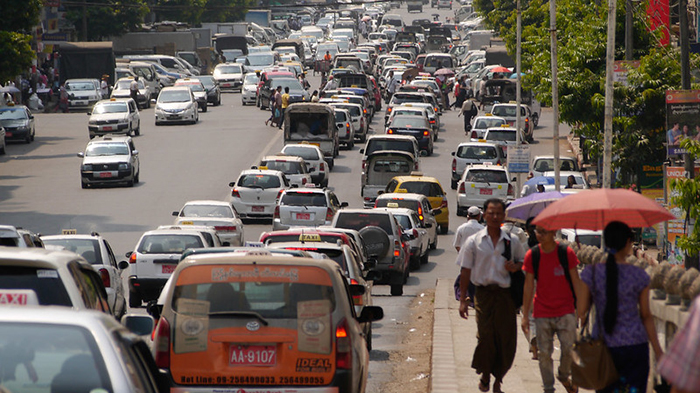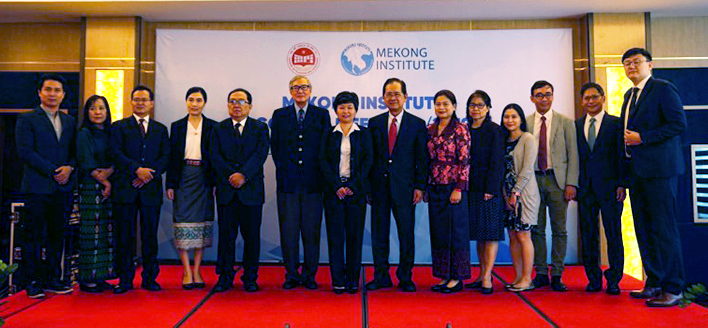Improving Connectivity of Myanmar’s Yangon Region along the East-West Economic Corridor
Plans are underway to connect Yangon in Myanmar with the Bago Region and Mon State through new expressways along the Greater Mekong Subregion’s (GMS) East-West Economic Corridor. The Asian Development Bank (ADB) and the Japan International Cooperation Agency (JICA) will provide financing assistance to build more efficient highways that will promote safer movement of goods and people.





